Old-time gardening = organic gardening?
paulns
15 years ago
Related Stories
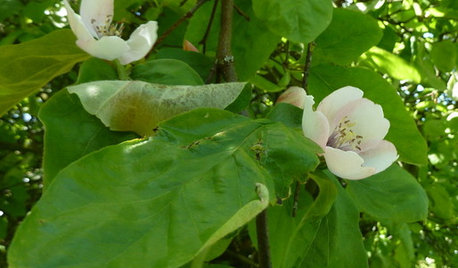
EDIBLE GARDENSWhy Grow Quince? For Beauty, Fragrance and Old-Time Flavor
Delightfully perfumed fruit and lovely spring blossoms make this apple and pear cousin worth a spot in the garden
Full Story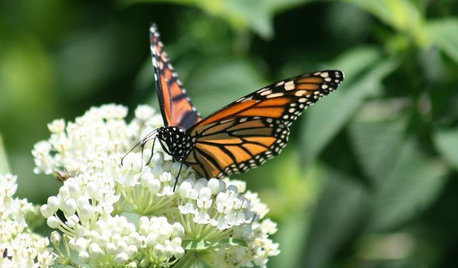
GARDENING GUIDES7 Ecofriendly Gardening Ideas That Also Cut Chore Time
Spend less time weeding, less money watering and more moments just sitting back and enjoying your healthy garden
Full Story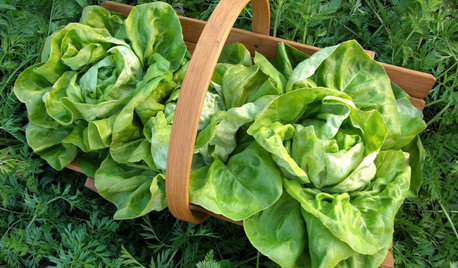
GARDENING GUIDES10 Easy Edibles for First-Time Gardeners
Focus on these beginner-friendly vegetables, herbs, beans and salad greens to start a home farm with little fuss
Full Story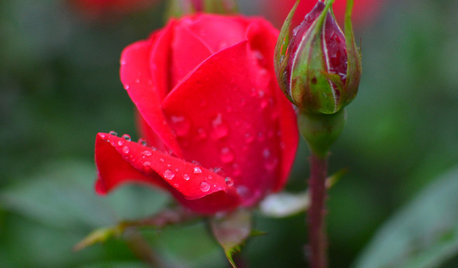
GARDENING GUIDESGreat Design Plant: Knock Out Roses
As glorious as their high-maintenance kin for a fraction of the work, Knock Out roses make even beginners look like garden stars
Full Story
LANDSCAPE DESIGNIs It Time to Consider Fake Grass?
With more realistic-looking options than ever, synthetic turf can be a boon. Find the benefits and an installation how-to here
Full Story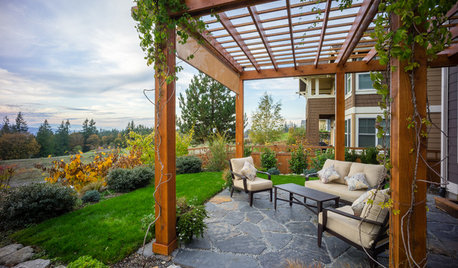
FALL GARDENINGWhy Fall Is the Best Time for Planting
Spring is overrated for planting. Starting plants in autumn has advantages for both garden and gardener
Full Story
GARDENING GUIDESThe Poop Scoop: Enrich Your Soil With Good Old Manure
Get over the ick factor already — this natural super-ingredient for soil has so many benefits, you'll wonder why you ever went chemical
Full Story
LANDSCAPE DESIGNDesign Solutions for the Time-Strapped Gardener
Landscaping for easy maintenance can help make your garden more manageable — and pleasurable to be in
Full Story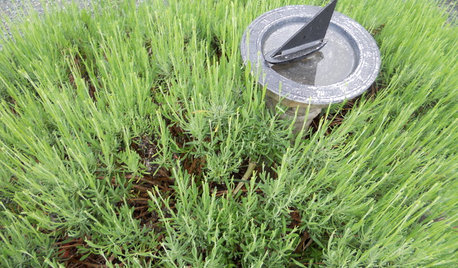
OUTDOOR ACCESSORIESIs It Time for a Sundial in Your Garden?
Welcome spring and add intrigue to your landscape with a sundial as functional art or fanciful decoration
Full Story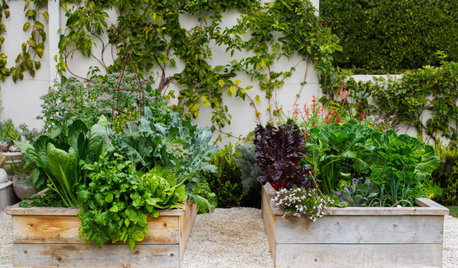
MOST POPULARHow to Start a Cool-Season Vegetable Garden
Late summer and late winter are good times to plan and plant cool-season crops like salad greens, spinach, beets, carrots and peas
Full Story



adirondackgardener
Michael
Related Discussions
Old time gardener needs HELP!! :)
Q
Old Organic Gardening Magazines
Q
Old guy new to gardening trying to make up for lost time
Q
Old time rose in neighbors garden
Q
dchall_san_antonio
Kimmsr
dchall_san_antonio
greenwood85
albert_135 39.17°N 119.76°W 4695ft.
peter_6
wayne_5 zone 6a Central Indiana
dchall_san_antonio
Michael
greenwood85
Kimmsr
gatormomx2
gardengal48 (PNW Z8/9)
nandina
paulnsOriginal Author
Michael
peter_6
dchall_san_antonio
brass_tacks
nandina
paulnsOriginal Author